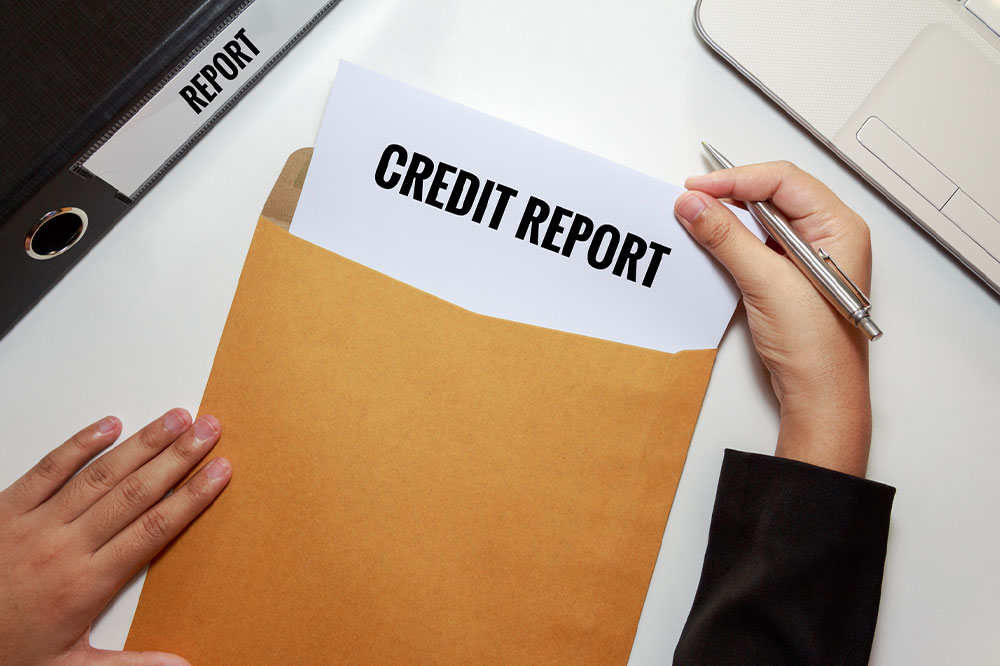
Understanding credit reports and tips for maintaining a healthy one
In today’s dynamic financial world, credit reports wield substantial influence over an individual’s financial standing. By providing a comprehensive overview of one’s borrowing and repayment behaviors, credit reports hold the key to assessing one’s creditworthiness. This guide aims to unravel the importance of credit reports while offering invaluable insights on proficiently managing them. Additionally, we will explore the role of credit card companies and their impact on shaping the credit profiles.
What is a credit report?
In the fast-paced world of finances, a credit report is a document of paramount importance. This comprehensive dossier amalgamates personal information, credit accounts, payment history, credit inquiries, and even public records, presenting an all-encompassing view of one’s financial expedition. Beyond a mere collection of data, it resembles a potent financial report card, impacting not only lenders but also landlords and prospective employers, all seeking to assess your financial prudence.
Central to this report lies the credit score, a numerical representation with the potential to unlock a realm of favorable terms and conditions. From loans to credit cards and an array of other financial products, the credit score wields the key to accessing them on advantageous grounds.
Tips for maintaining a healthy credit report
Here are some valuable tips for maintaining a good credit report:
Check your credit report regularly
It is important to check your credit report frequently to ensure that it is accurate and free from errors or suspicious transactions that may indicate fraud.
Pay bills on time
It is important to establish a positive payment history by paying bills on time. Late payments can have a significant impact on your credit score.
Keep credit card balances low
It’s important to avoid using credit cards excessively and maintain a credit utilization ratio of less than 30%. Doing so shows that you are managing your credit responsibly.
Avoid applying for multiple credits in a short time
It’s important to be mindful of the number of credit applications submitted within a short timeframe, as it can cause lenders to become wary. It’s best to only apply for credit when truly needed.
Role of credit card companies in shaping credit reports
Credit card companies have significant power over credit reports. They regularly provide important information about their customers’ credit activities to major credit bureaus such as Equifax, Experian, and TransUnion. This exchange of data includes critical details like credit card balances, payment history, and credit limits.
The manner in which individuals utilize their credit cards holds a direct sway over their credit scores. Responsible and astute usage, such as timely payments and maintaining low balances, reflects positively on the credit report, paving the way for a healthier credit score. Conversely, late payments and high credit utilization can negatively impact the credit report, diminishing the credit score.
Understanding credit reports and their impact on personal finances is crucial for financial success. Regularly monitoring your credit report, practicing responsible credit behavior, and seeking credit counseling when needed are all steps toward building a strong credit profile. By proactively managing credit, individuals can open doors to various financial opportunities and secure a stable financial future.




